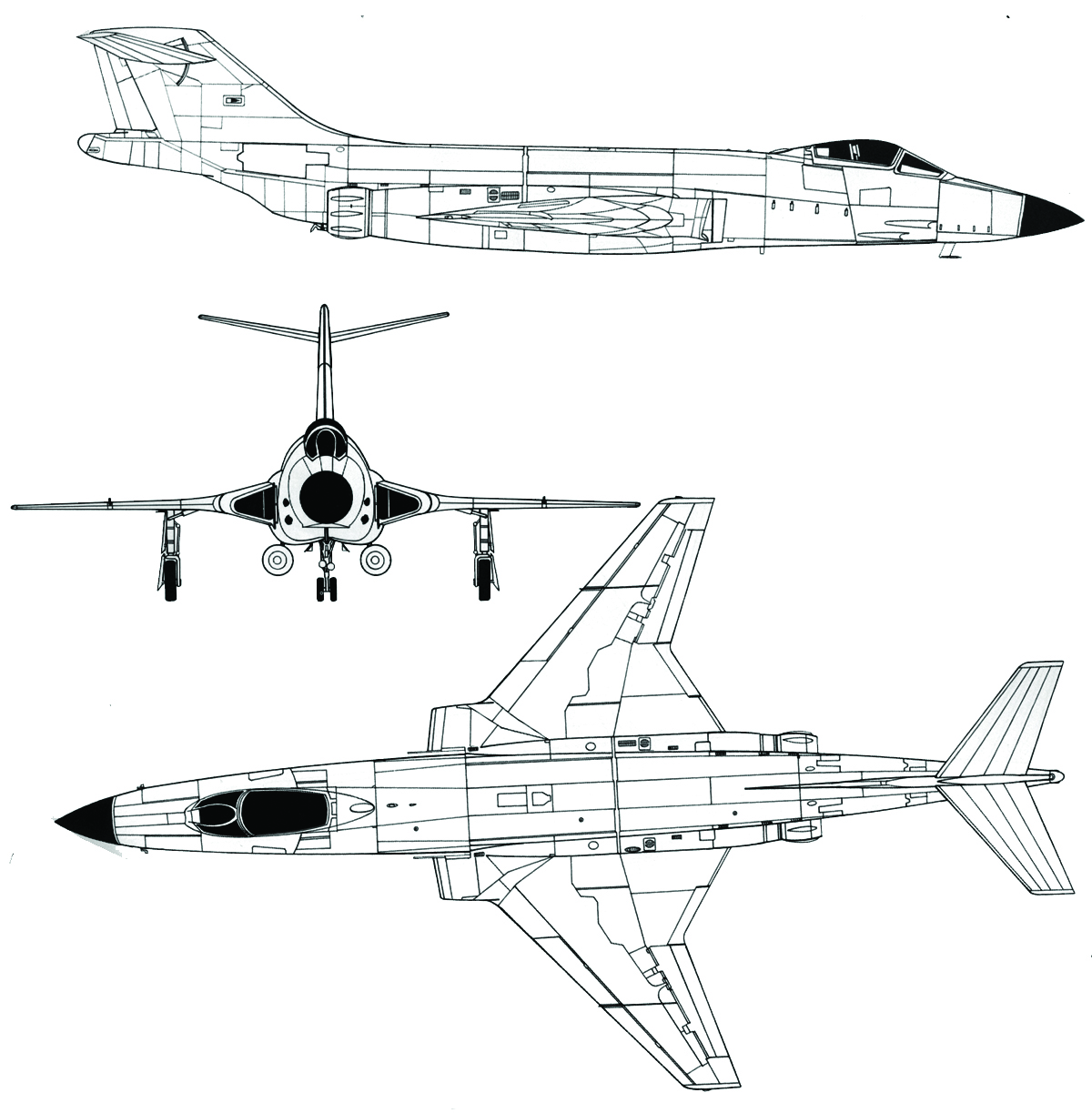The F-101 was considered by some pilots to be the most difficult fighter to ever enter service, but it was considered a solid aircraft.
The F-101B was originally designed as a long-range bomber escort for Strategic Air Command in 1959. However, this mission changed, once more effective bombers like the B-52 entered service. Afterwards, the F-101B was redesigned to fill tactical and air defense roles, as well as low-altitude, photo reconnaissance of missile sites during the 1962 Cuban Missile Crisis and the Vietnam War.

Serial Number: 57-0252
Manufacturer: McDonnell Aircraft Corporation
Crew: Two
Engines: Two Pratt & Whitney J57-P-55 turbojets; 16,900 pounds thrust each in afterburner
Wingspan: 39 feet 8 inches
Length: 67 feet 4 3/4 inches
Height: 18 feet
Weight: 28,970 pounds (empty); 52,400 pounds (maximum)
Speed: 770 mph (sea level); 1,095 mph, Mach 1.72 at 35,000 feet (maximum)
Range: 1,930 miles (maximum)
Service Ceiling: 51,000 feet
Armament: Two AIM-4 Falcon-guided missiles and two AIR-2A Genie rockets
Cost: $1,819,000 (approximate)
In the 1950s, Hill Air Force Base was designated as the prime management site for maintenance, supply and contracts of the F-101 aircraft. The base worked on over 2,400 F-101 aircraft during this time. The F-101B on display was manufactured in 1959 and spent the next thirty-three years in use at different bases across the United States. In 1982, it was retired and Hill Aerospace Museum acquired it for display.
The F-101 was considered by some pilots to be the most difficult fighter to ever enter service, but it was considered a solid aircraft.
A total of 807 Voodoos were built. The aircraft would go on to set a number of speed records as well as undergo a series of refits and adjustments to fit a variety of roles during her years of service.
McDonnell Aircraft Corporate produced the Voodoo at a cost of about $1.27 million per aircraft.
The F-101 first entered service in May 1957, finally being retired by the Royal Canadian Air Force in 1984.